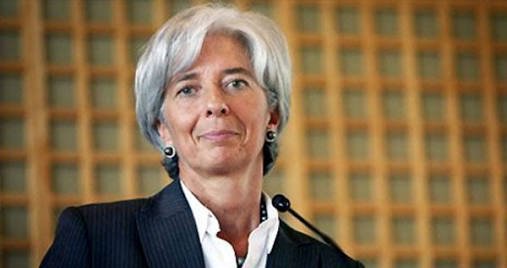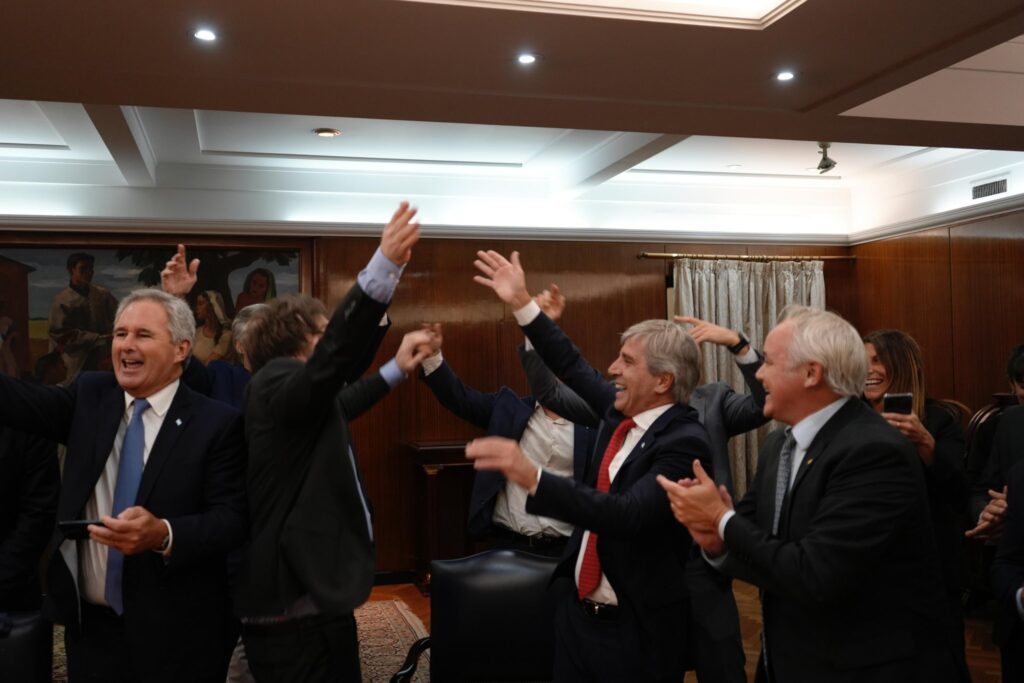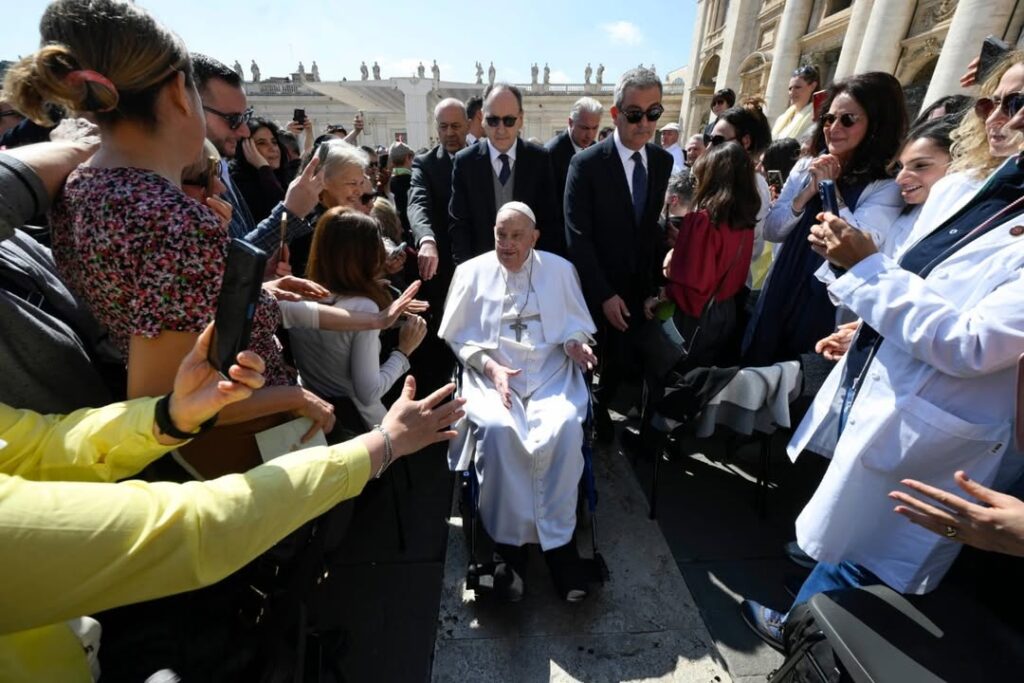Today Friday Oct 26, the International Monetary Fund (IMF) formally approved the new Argentine loan terms with Argentina, which had been verbally set out in September. The new agreement will see a larger IMF investment than the original deal struck in May, and will also speed up the release of funds.
Over the next few years, the IMF will loan Argentina over $50 billion US dollars. The initial agreement in May was for $50 billion dollars, and the September verbal agreement was for $57.1 billion dollars. After the meeting at IMF headquarters in Washington however, the final amount was set to $56.3 billion.
IMF Board completes first review of #Argentina’s loan and approves strengthened economic plan. Revised loan is augmented to US$56.3 billion and makes US$5.7 billion immediately available. pic.twitter.com/Y364tLb5rZ
— IMF (@IMFNews) 26 de octubre de 2018
The new agreement will also speed up the release of IMF payments, and Todo Noticias reported that the first payment of $5.7 billion dollars could be paid as early as the beginning of next week. In December, the Argentine government will receive $6.7 billion more along with a $1.1 billion handout from the World Bank, the Inter-American Development Bank (IDB) and the Development Bank of Latin America (CAF).
The loan will go towards the Argentine budget, and will be awarded with the condition that the country fulfils the requirements of the letter of intent set out by the IMF. This will be monitored from Buenos Aires by the international organisation’s representative, Jamaican Economist Trevor Alleyne.
Bloomberg reported that by the end of this year and throughout 2019, the IMF will pay about $36.2 billion dollars of the loan, which is a $19 billion increase from the initial agreement, showing the increase in momentum of the handouts. The remainder of the loan is expected to be released in 2020 and 2021.
Despite the loan’s widespread unpopularity – many Argentines blame the IMF for their devastating economic crisis in 2001 – Bloomberg implied that it might have stopped the inevitable slide of investor confidence as the current economic crisis took hold. The peso has risen 10 percent in the last two weeks and yield from the government’s 100-year loan has fallen.
Economist Ricardo Arriazu told La Nacion that he felt the IMF loan was a necessary step in order to keep Argentina above water.
“If there wasn’t an IMF agreement, then tomorrow we would be Venezuela,” he told the paper, adding that “the IMF is not adding to the recession, it is making sure that the fall isn’t much worse.”
However, for most in Argentina, the relentless fall of the peso and steady rise in the price of commodities are a disconcerting echo of the economic crisis of almost two decades earlier. Tensions are running high, as could be seen in the violence and insults apparent on the street and in Congress during the budget debates on Wednesday.
As the government work to boost Argentina out of the economic slump, many are already looking ahead to the 2019 elections in the hope that whoever becomes president can foster more confidence in the Argentina population.











